Chinese car brands continue to advance and grow in Europe


Chinese brands further increased both their new car sales and market share in Europe in June and the first half of the year. Due to the contraction in the European new car market, Asian brands have increasingly asserted themselves, according to statistics from the British firm Jato Dynamics, to the detriment of European, Japanese, Korean, and American manufacturers. So much so that Chinese brands' market share in the first half of the year almost doubled compared to 2024, reaching a new record of 5.1%. Their volumes also increased by 91% in the first half of the year, placing them just below Mercedes, which boasts a 5.2% share, but ahead of Ford with 3.8%. However, Chinese brands also surpassed Mercedes in terms of vehicle sales in June.
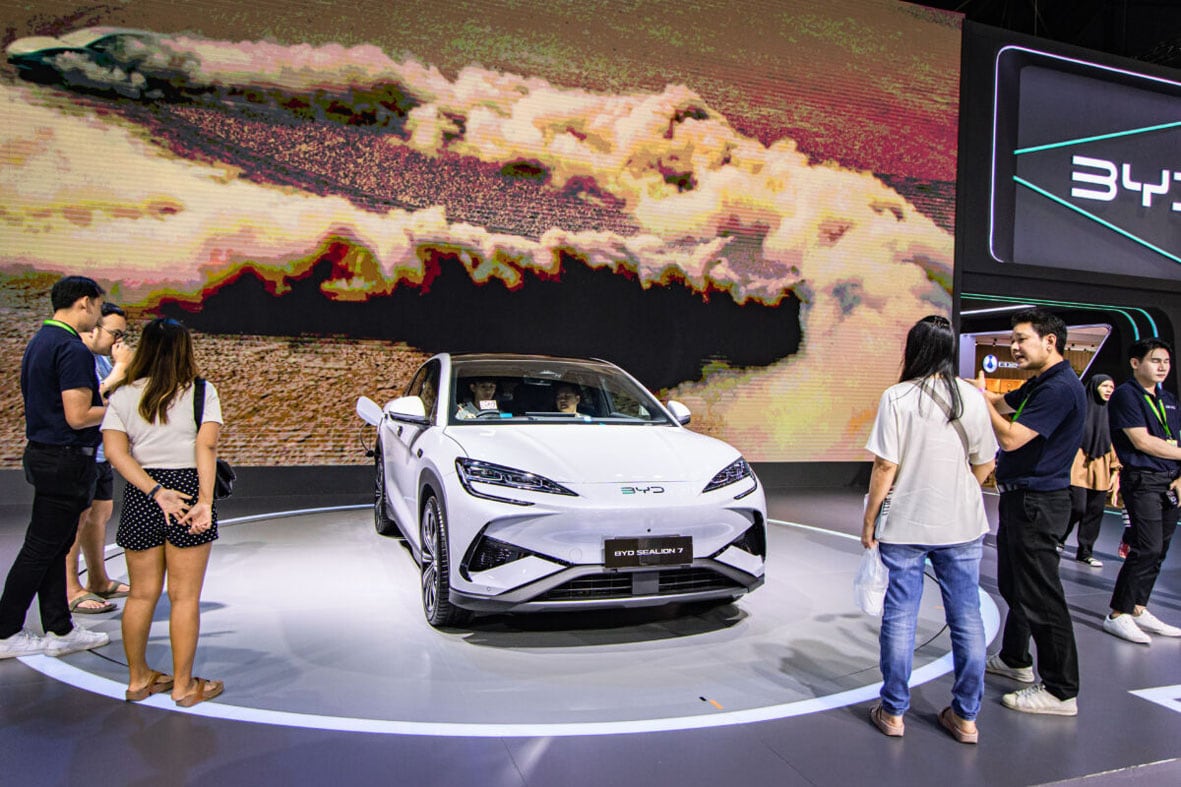
December 5, 2024, Bangkok, Bangkok, Thailand: December​ 05,2024, Bangkok, Thailand, Visitors inspect a BYD SEALION 7 car during the 41th Bangkok International Motor Expo at IMPACT Muang Thong in Bangkok. More than 42 car​ makers form​ 7​ countries of vehicle manufacturers attended to exhibit their automotive products and technology including the new electric vehicles in the annual automobile showcase. (Credit Image: © Wissarut Weerasopon/ZUMA Press Wire)
These are BYD, Jaecoo, Omoda, Leapmotor, and Xpeng. BYD, which has adopted a very aggressive pricing strategy, registered a total of 70,500 units in the first half of the year, a 311% increase year-on-year. In June alone, BYD registered 15,565 units, entering the top 25 best-selling brands, surpassing Suzuki, Mini, and Jeep, respectively. Furthermore, the BYD Seal U, along with the Volkswagen Tiguan, was the best-selling plug-in hybrid car in Europe in June and the third best-selling model in the first half of the year.
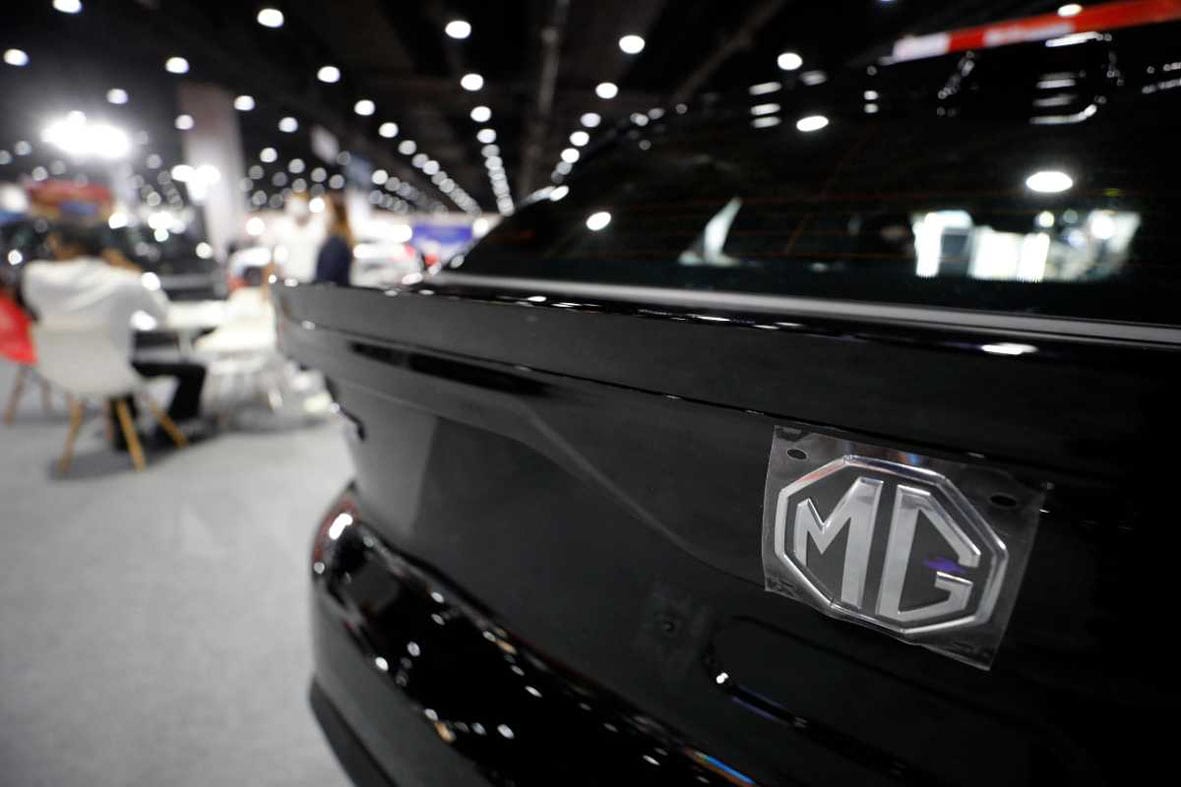
Jaecoo and Omoda, both brands under the Chery Group, made substantial progress, although this was not due to their electric vehicle lineups. Plug-in hybrid SUVs accounted for 29% of monthly registrations in June, while conventional combustion engine models accounted for nearly two-thirds, or 63%. The Jaecoo 7 was the ninth best-selling plug-in hybrid in Europe in June. Leapmotor, the Chinese brand under the Stellantis Group, registered over 8,300 units in June, largely driven by the popularity of the T03 city car and the C10 SUV. Meanwhile, Xpeng emerged as the most successful Chinese premium brand in Europe in 2025, with 8,338 units registered in the first half of the year. Growth was driven by strong demand for the G6 SUV, which totaled 5,615 registrations.

While Chinese brands continue to grow, some automotive players have lost market share. Stellantis saw the largest decline in the first six months of the year, with its share falling from 16.7% to 15.3% year-over-year. In fact, the group recorded its lowest first-half registration volume in Europe since its inception in 2021. Of Stellantis' ten brands, only three recorded growth in the first half of the year. These are, in order of growth, Alfa Romeo (+33%), Peugeot (+6%), and Jeep (+2%). Overall, Stellantis saw its volumes decline by 8.6% and 11.7% in the first half of 2025 and in June, respectively, with Fiat, Lancia, DS, Maserati, and Abarth posting sharp losses. Citroën and Opel also saw double-digit drops in registrations. Stellantis' problems, according to Jato Dynamic, are the result of two different factors: on the one hand, the inability of many of its brands to introduce new, more attractive models to the market, coupled with an excessive focus on sales of electric vehicles, which are more expensive than internal combustion engine models in the new car offering.
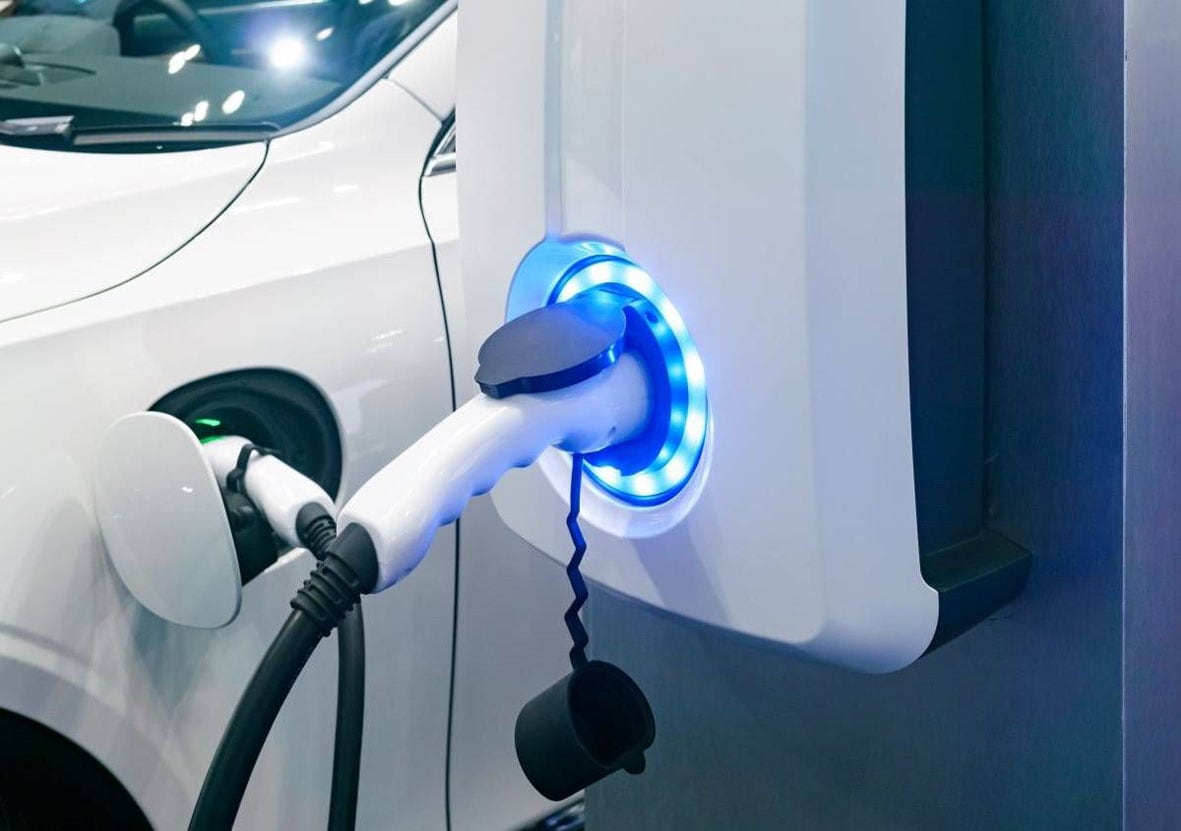
Tesla recorded its second-largest market share decline in the first half of 2025, falling from 2.4% compared to the first half of last year to 1.6% in 2025. During this period, Tesla also lost its position in the group rankings to SAIC Motor, owner of MG, which overtook the US brand for the first time. MG, the Chinese-owned British brand, increased its volumes by 22%, reaching a total of 162,153 units, compared to a 33% decline for Tesla, which totaled 109,264 units.
Although Tesla was the second-most registered electric vehicle manufacturer in Europe in June, it only ranked fourth in the electric vehicle rankings in the first half of the year, behind Volkswagen Group with a 28% share, Stellantis with 11%, and BMW Group with 10.3%. At the same time, electric vehicles surpassed one million registered units for the first time, with 1,193,397 units sold, a 25% increase year-over-year. Despite this positive trend, growth slowed in June, with sales increasing only 15% to 240,247 units. Electric vehicles accounted for 17.4% of the European new car market in the first half of 2025, an increase of 3.6 percentage points compared to the same period the previous year. Denmark led the increase in market share compared to the first half of 2024, compared to the first half of 2025 (+19 percentage points), followed by Norway (+9.2), Belgium (+8.0), Finland (+7.2), and Austria (+5.6). Electric vehicles have the highest market share in Norway, Denmark, the Netherlands, Sweden, and Finland. However, they are among the lowest in countries such as Croatia, Slovakia, Romania, Poland, and, of course, Italy.
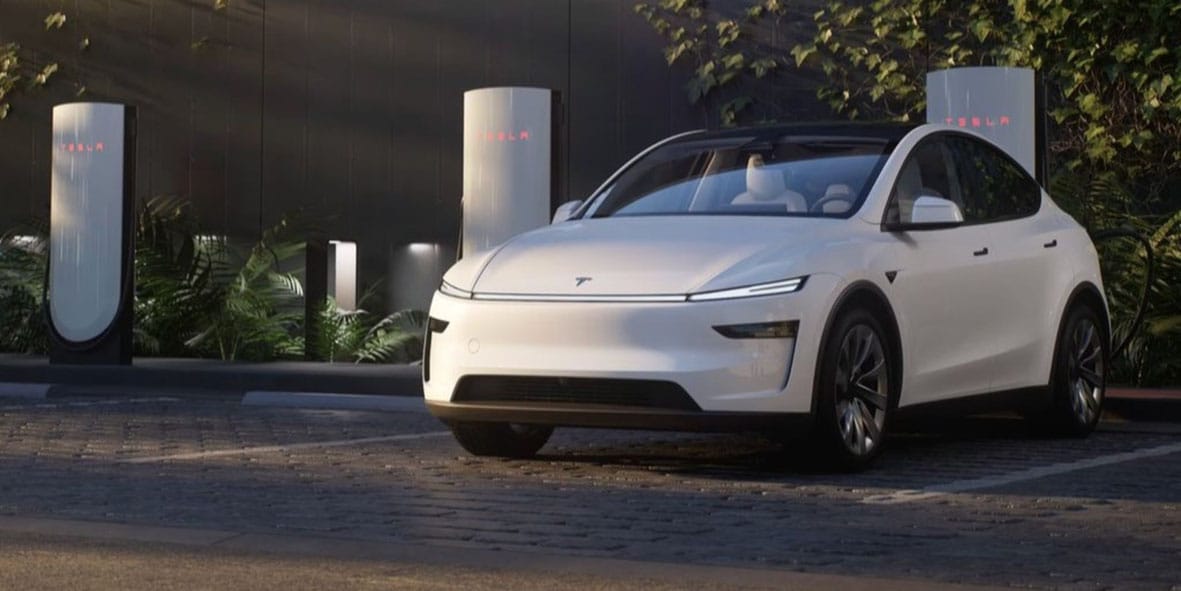
As a segment, electric vehicles continue to gain increasing importance for most major European automakers. Data from Jato Dynamics shows that, excluding Tesla, BYD is the manufacturer most dependent on this segment, which represents nearly two-thirds (64%) of its total sales mix. However, similar to the SAIC group, whose electric vehicle share fell to 15.4%, BYD's share of electric vehicles also declined compared to the first half of 2024. This shift reflects a strategic shift toward other powertrain types, while simultaneously seeking to mitigate the impact of tariffs on their electric vehicles. In contrast, Ford saw a significant increase, with its electric vehicles (EVs) rising from 4.5% of its sales in the first half of 2024 to 13.7% in the first half of 2025. The VW Group's share of electric vehicles grew from 10.1% to 18.7%, while Hyundai-Kia saw an increase from 12.6% to 19.1%. The BMW Group and Renault also saw significant growth, while Stellantis, Toyota, and Mercedes achieved much more modest increases.
In terms of models, the Tesla Model Y was once again the best-selling electric model in Europe in both June and the first half of 2025. Furthermore, June was the first month this year in which Model Y registrations did not decline. Although the increase was minimal, +0.1% compared to June 2024, it confirmed the trend that began in May, when volumes decreased by 7% and marked a significant improvement compared to the average monthly decline of 50% recorded between January and April. The Renault Group, however, dominated the model rankings in both June and the first half of 2025. Over 27,200 units of the Renault Clio were registered in June, 3,000 more than the Tesla Model Y, which ranked second with 23,800 registrations in June. In the first six months of the year, the Renault Clio was surpassed only by the Dacia Sandero, another Renault Group model. Among the models that saw growth were the Clio (+19%), the Peugeot 208 (+16%), and the Opel Corsa (+12%). Growth was modest for the Ford Puma (+15%), the BMW X1 (+27%), Mini (+25%), Opel Mokka (+21%), Mercedes GLA (+20%), BMW X3 (+22%), MG HS (+36%), and Mercedes GLC (+31%).
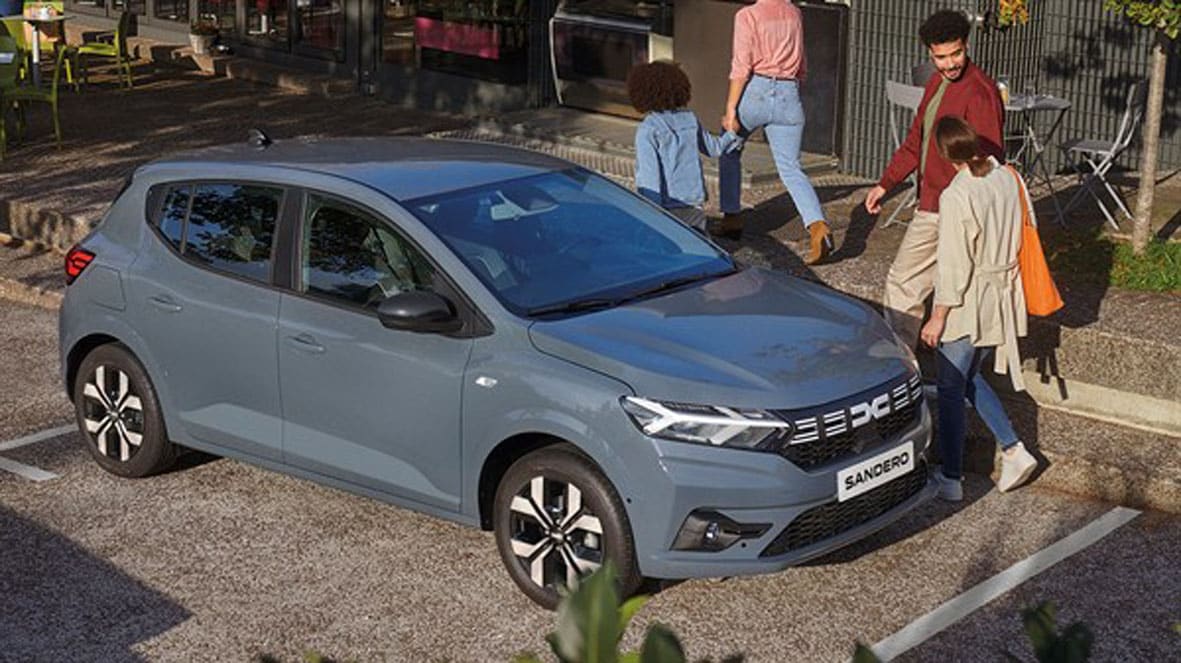
Among the models that recorded the best performances in the first half of the year were the Volkswagen Tiguan (+28%), the MG ZS (+26%), the Peugeot 3008 (+40%), the Skoda Kodiaq (+30%), the Jeep Avenger (+34%), the Volkswagen ID.4 (+38%), the Suzuki Swift (+37%), the Volkswagen ID.3 (+29%), the MG3 (+258%), the Fiat/Abarth 600 (+400%), the Skoda Enyaq (+36%), and the Audi A5 (+149%). Among the more recent models introduced to the market, the Renault Symbioz performed well with 41,730 units sold, and the Jaecoo 7 with 37,700 units. Among brands, Kia registered a significant number of EV3s, with 35,000 units. The Renault 5, on the other hand, totaled 34,202 registrations, Skoda sold 34,105 units of the Elroq, the Cupra Terramar recorded 29,135 units, while Audi registered 25,758 units of the Q6. Finally, Volkswagen registered a total of 20,481 units of the new Tayron.
News and insights on political, economic, and financial events.
Sign upilsole24ore





